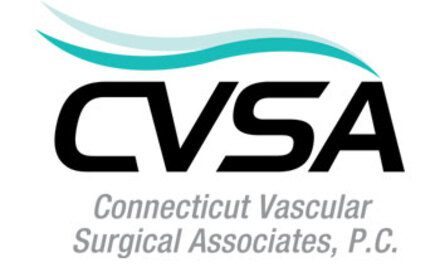A vascular surgeon is an expert on your body’s circulatory system. This type of specialist works with conditions relating to the 60,000 miles of blood vessels, veins, and arteries that make up your circulatory system, which carries blood throughout your body. If you experience narrowing of the arteries or other vascular issues, professional intervention might be required. Most people who need to visit a vascular surgeon do so because they have been referred by their doctor; however, there are some warning signs to check for if you suspect you’ll need to seek a referral.
How to Manage or Prevent Vascular Disease
Regular checkups and exams can help catch vascular problems early, giving us a better chance of managing them and ensuring that your condition does not progress. Eating a healthy and balanced diet, exercising regularly, taking medications as directed, and controlling diabetes and blood pressure conditions can help manage your vascular disease or reduce your risk of developing one in the future. Quitting smoking will also make a big difference.
When Should You Visit a Vascular Surgeon?
The risk factors of vascular disease are similar to those of heart disease. If you smoke, lead a sedentary lifestyle, or suffer from high blood pressure or cholesterol, you should be vigilant about the signs and symptoms that might indicate vascular issues. If you experience the following issues, you might need to see a vascular surgeon:
- Darkening of skin on your legs
- Pain in your legs while walking
- Painful or bulging veins
- Swelling in your arms, hands, legs, or feet
- History of stroke or mini-stroke
- Wounds on your extremities that don’t heal
You should also seek immediate assistance if you experience sudden loss of vision, confusion, difficulty walking, or numbness in your face, arm, or leg.
Benefits of Visiting a Vascular Surgeon
Your exact treatment plan will vary depending on your individual condition. Interventions might include medicine, compression stockings, and lifestyle modifications to manage your condition. If surgery is required, there are many benefits to undergoing minimally invasive vascular procedures, including less pain or scarring, faster healing time, and reduced risk of complications. Working with an experienced vascular surgeon will give you the best chance of success.
Finding the Right Vascular Surgeon
Working with the right vascular surgeon can make all the difference when it comes to managing and treating your condition. At Connecticut Vascular Surgical Associates, P.C. we care for you as a whole person, not just your disease. Our team comes with a variety of backgrounds and experiences to ensure that each patient gets a thoughtful and well-balanced treatment plan. Put yourself in the best hands available: reach out to us today!



